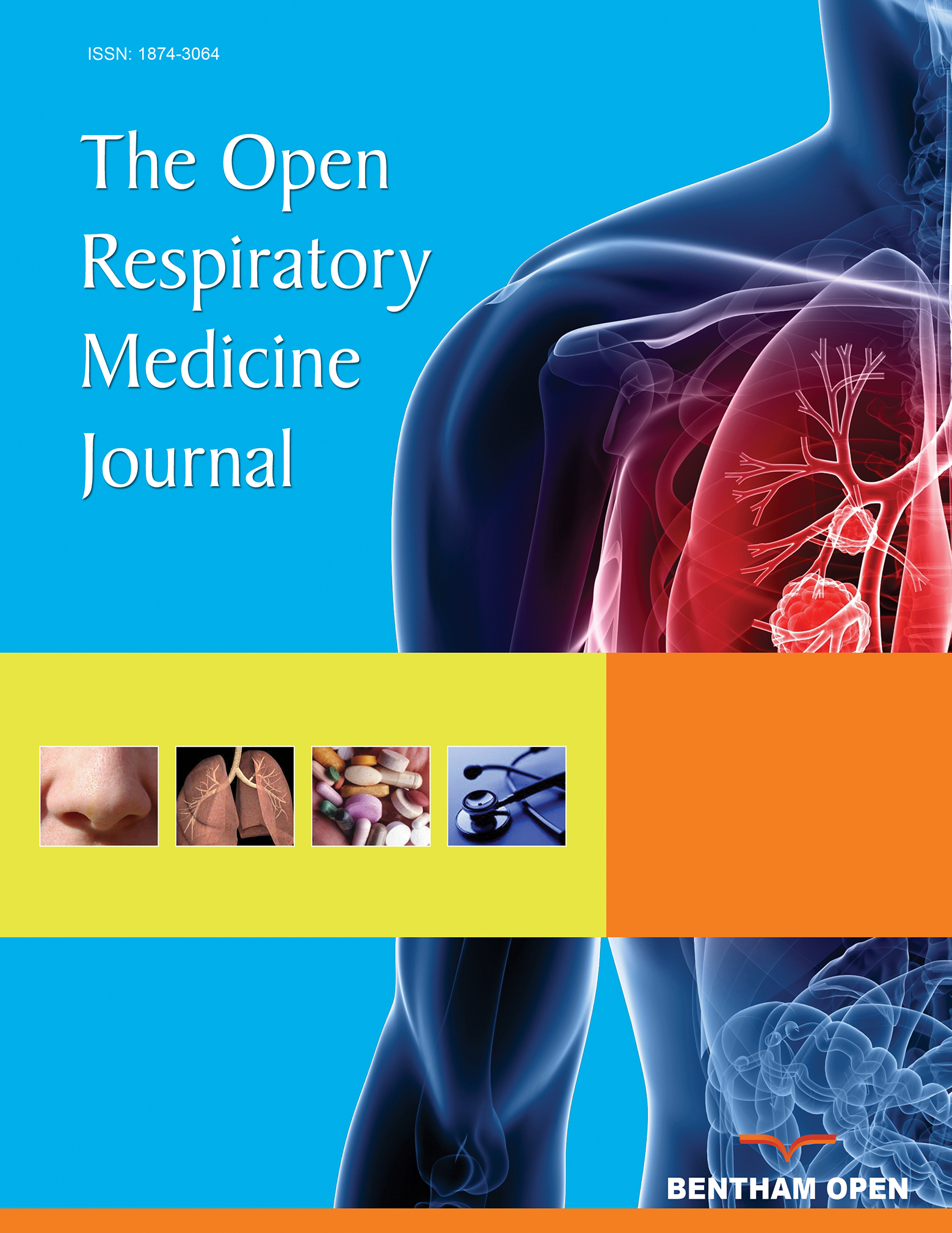All published articles of this journal are available on ScienceDirect.
Expiratory Flow Limitation in Obstructive Sleep Apnea and COPD: A Quantitative Method to Detect Pattern Differences Using the Negative Expiratory Pressure Technique
Abstract
Background:
Expiratory flow limitation (EFL), determined by the negative expiratory pressure (NEP) technique, can exhibit overlapping patterns in COPD, obstructive sleep apnea (OSA) and non-OSA obesity. We assessed the ability of a quantitative method to assess EFL to discriminate COPD from obese and OSA patients during NEP (-2 to -3 cm H2O) testing.
Methods:
EFL was quantified by measuring the area under the preceding control tidal breath (Vt) subtended by the NEP curve (%AUC). To quantify mean lost flow, the ratio of %AUC to percentage of control Vt over which EFL occurred (%EFL) (= %AUC/%EFL) was computed. Percent EFL, %AUC, and %AUC/%EFL was compared in 42 patients with COPD, 28 obese subjects without OSA, 50 with OSA (26 mild-moderate, 24 severe) and 19 control subjects, in seated and supine postures.
Results:
All patients exhibited %EFL values significantly higher than control subjects, corrected for age and gender (ANOVA). All but the COPD group exhibited higher %EFL while supine, but not %AUC or %AUC/%EFL. Amongst seated subjects, %EFL was highest in COPD, and amongst supine groups, it was greatest in OSA and COPD. %AUC/%EFL was significantly higher in mild-moderate OSA than in COPD only while seated. %AUC or %AUC/%EFL did not discriminate amongst other cohorts in either posture.
Conclusions:
Computation of %EFL helps distinguish EFL in COPD, obese and OSA patients from those of control subjects. Computation of %AUC and %AUC/%EFL is useful in determining the magnitude of extrathoracic FL in individuals with obesity and OSA, but does not distinguish between cohorts.


